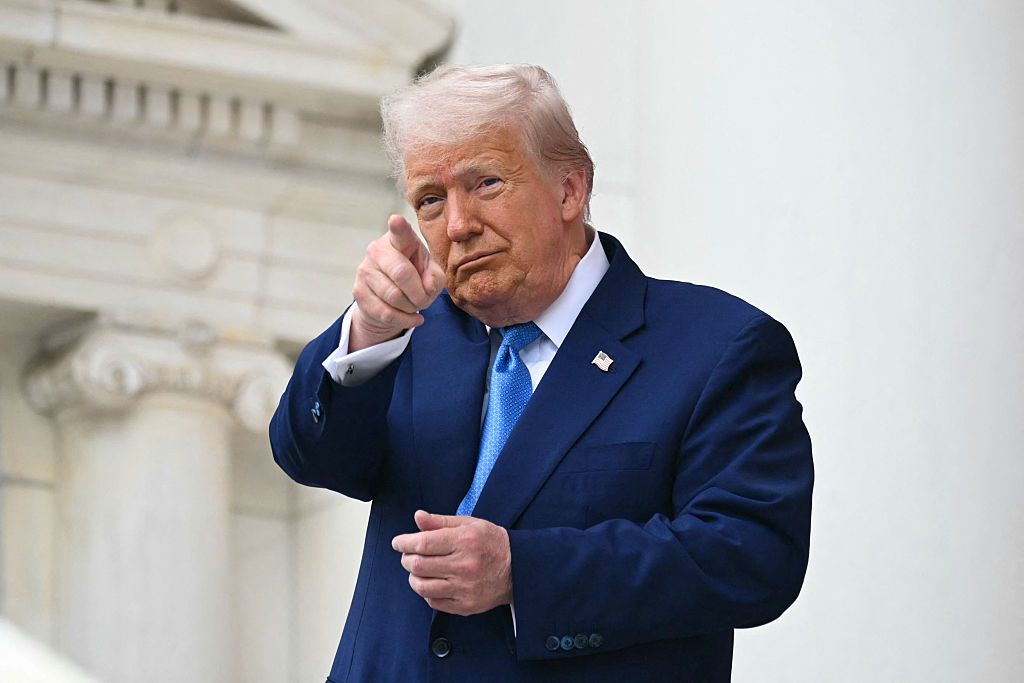Russian central bank head under pressure to slash key interest rate, Bloomberg reports

Elvira Nabiullina, the governor of the Russian central bank, is facing government pressure to reduce the high key interest rate imposed amid skyrocketing wartime inflation, Bloomberg reported on June 2, citing undisclosed sources.
The reason is the growing toll on the federal budget and civilian industries, three officials told Bloomberg, with some calling for the decision to be made at the bank's meeting on June 6.
Russia's central bank imposed a 21% key interest rate in October 2024 — the highest level since the early 2000s — to tackle surging inflation, which has dropped to 6.2% this April from 10.7% in January, according to Russian official data.
The high borrowing costs primarily impacted civilian industries unrelated to the Russian military-industrial complex, which has experienced growth amid Russia's record wartime spending, Bloomberg reported.
Nabiullina was seen as a key figure in helping the Russian economy stay afloat as the West imposed massive sanctions due to Moscow's full-scale invasion of Ukraine in 2022.
The bank governor has nevertheless faced backlash over her decision on borrowing costs. In January, Russian President Vladimir Putin voiced displeasure with the decline in private investment due to the high cost of credit.
After some positive signals earlier in 2025 due to U.S. President Donald Trump's outreach to Moscow and hopes for a ceasefire, more recent reports again indicate a sharp slowdown in Russia's economic growth.
Analysts have connected this development to the central bank policies, sanctions, low oil prices, supply difficulties, and high inflation.












